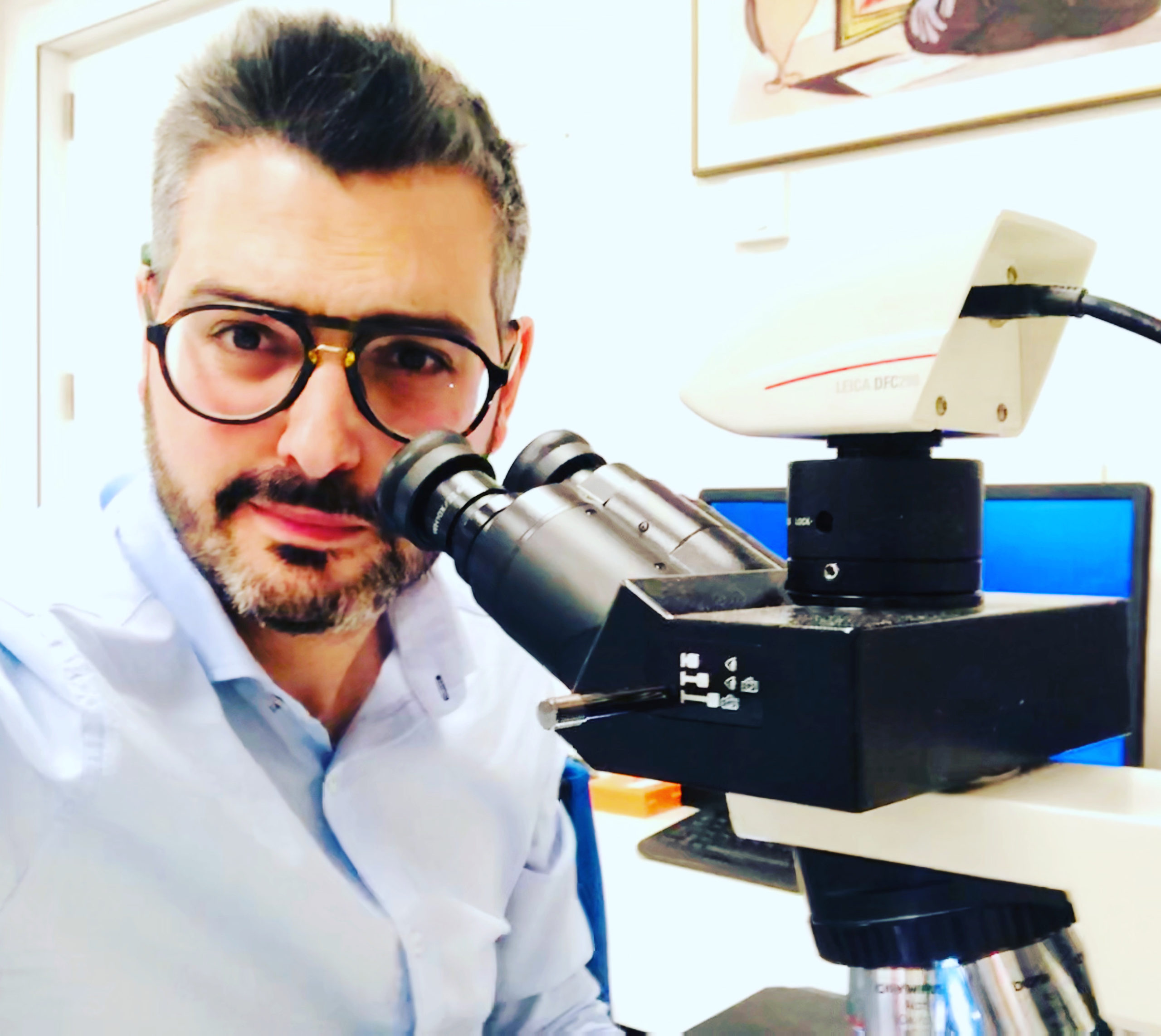Echando la vista atrás: alteraciones genómicas en cáncer de pulmón
Echando la vista atrás: alteraciones genómicas en cáncer de pulmón https://albertoortaruiz.com/wp-content/uploads/2020/04/alteraciones-genomicas-cancer-pulmon-1024x683.jpg 1024 683 Dr. Alberto Orta Ruiz https://albertoortaruiz.com/wp-content/uploads/2020/02/dr-alberto-orta-ruiz-inicio-150x150.jpgAlteraciones genómicas más representativas en los tumores de cáncer de pulmón en estadios iniciales
read more English
English Español
Español



